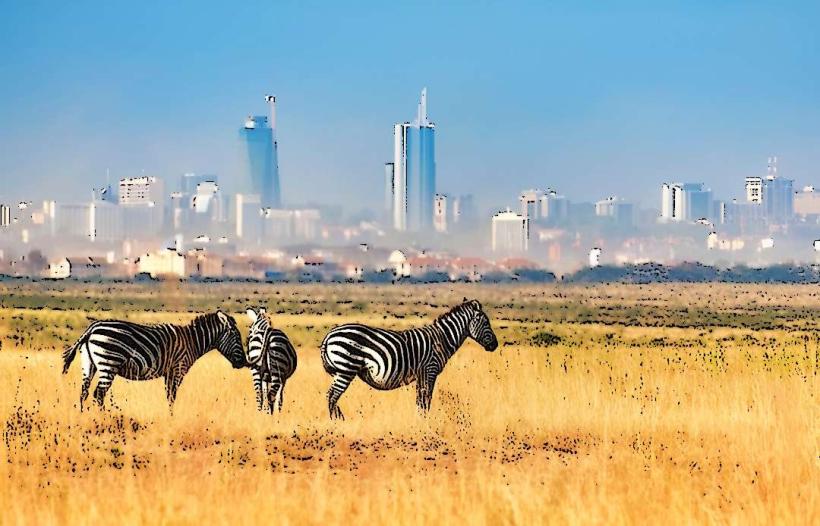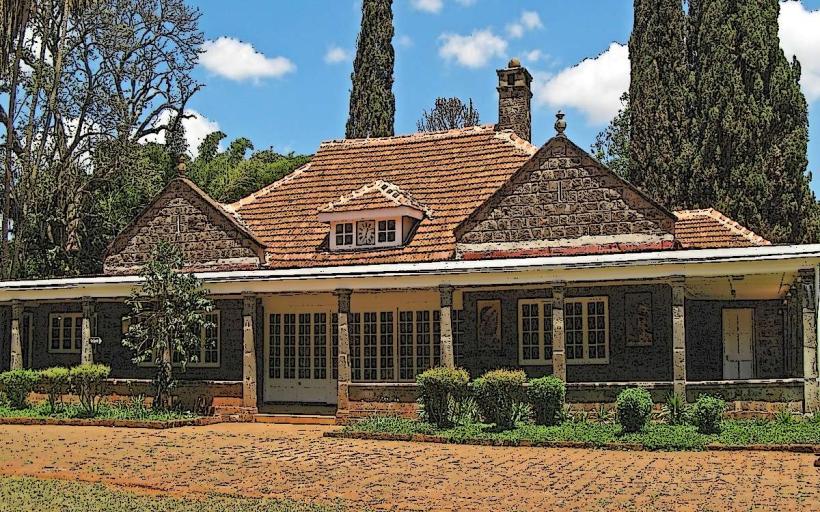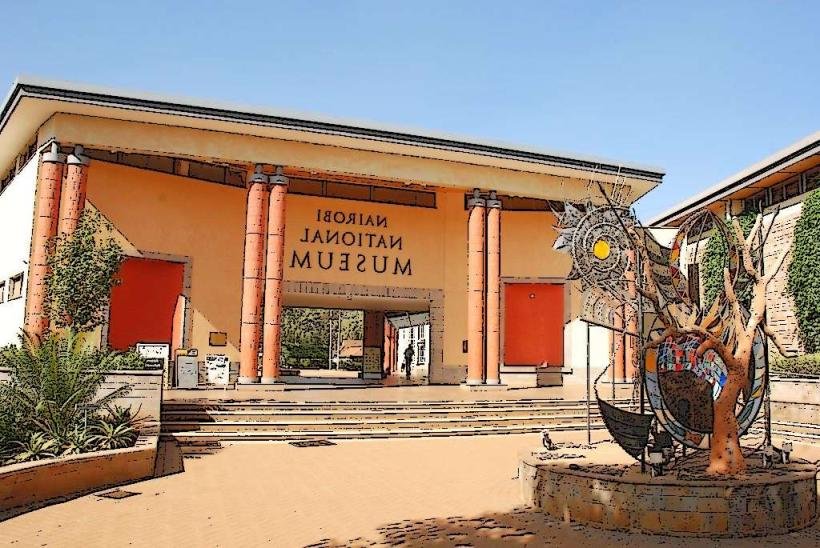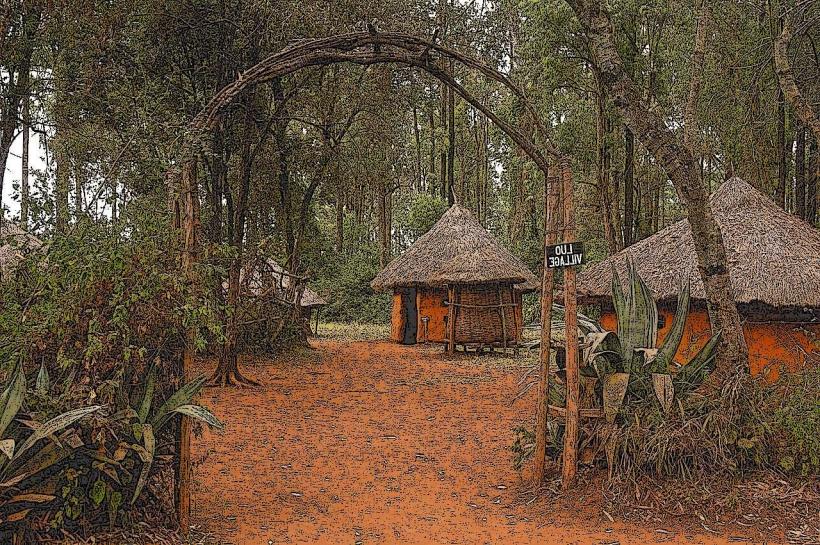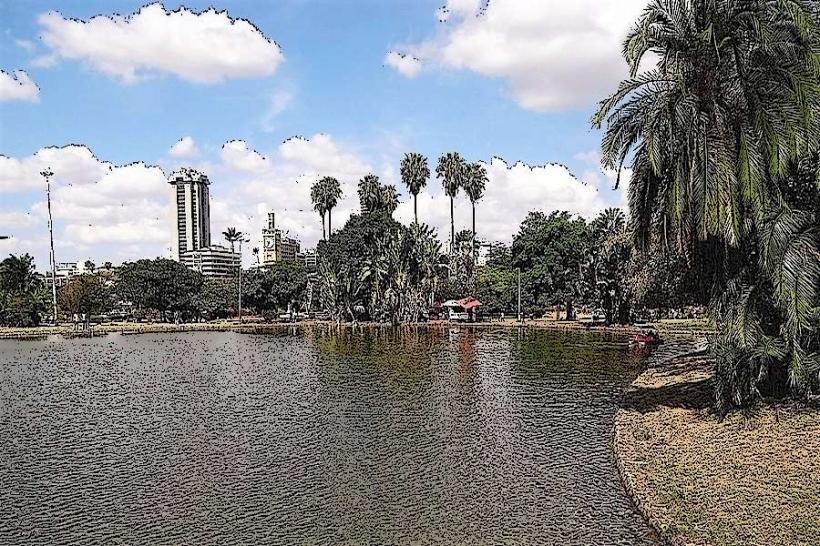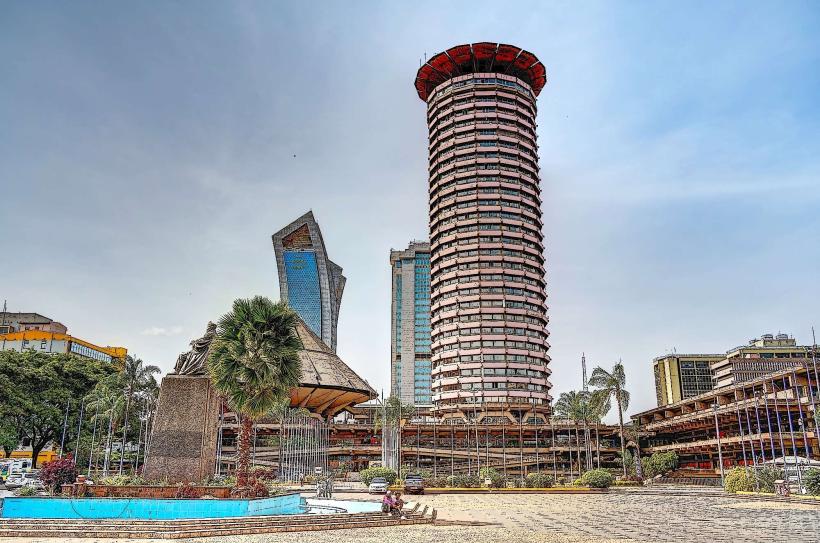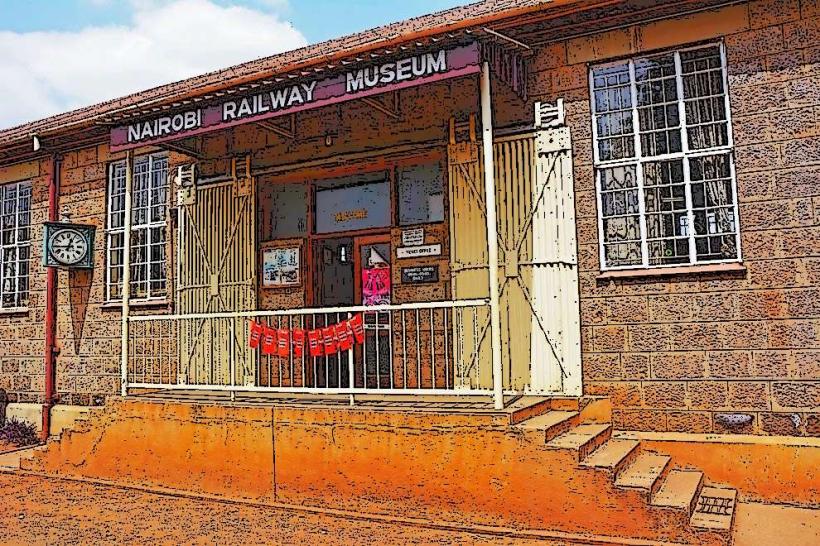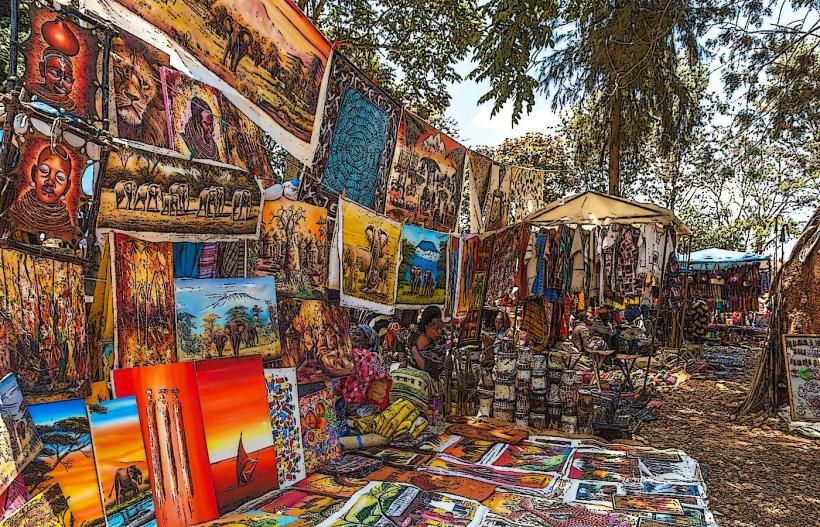Information
City: NairobiCountry: Kenya
Continent: Africa
Nairobi, Kenya, Africa
Nairobi is the capital and largest city of Kenya, located in the south-central part of the country. It serves as the primary economic, political, and cultural hub of the nation, with a population of over 5.8 million people in its metropolitan area as of 2025. The city's historical and cultural significance, along with its rapid urbanization, defines much of its character today.
History
Nairobi's origins date back to 1899, when it was established as a railway depot for the Uganda Railway. The area was originally a swamp inhabited by the Maasai, Akamba, and Kikuyu peoples, who were displaced by the British colonialists. The name "Nairobi" comes from the Maasai phrase "Enkare Nyrobi," meaning "cool water," referring to the Nairobi River that flows through the city. Originally a small settlement, Nairobi grew rapidly, and by 1907, it had become the capital of British East Africa. Following Kenya’s independence in 1963, Nairobi solidified its role as the nation's political and economic center.
Economy
As the economic engine of Kenya, Nairobi hosts various industries, including finance, manufacturing, trade, and services. The city is a regional hub for multinational companies and organizations, particularly in sectors like technology, trade, and transportation. Nairobi's economy is diverse, with a notable presence in information technology, especially in the so-called "Silicon Savannah," an area housing many tech startups and innovation hubs. Nairobi's position as a financial and commercial hub has expanded as Kenya continues to invest in infrastructure, banking, and financial services.
Demographics and Urbanization
Nairobi's population has grown rapidly over the years, with the city's population nearly tripling since the 1980s. As of the latest estimates, the city’s population stands at 5.8 million, with significant urbanization. This expansion has led to challenges, particularly in housing, where there is a substantial deficit. As of 2024, the housing shortage in Nairobi is estimated at 2 million units, making affordable housing a major issue.
In response to the growing population, the Kenyan government has implemented several urban development strategies, including public-private partnerships and a payroll tax aimed at financing the construction of new housing. However, economic inequality remains high, and many young residents face challenges in finding adequate housing and employment opportunities. This has led to increased frustration and political protests in certain areas of the city.
Urban Agriculture and Sustainability
Urban agriculture has become a significant part of life in Nairobi, as residents seek to address food insecurity and limited space for farming. Many city dwellers have turned to rooftop farming, where they cultivate organic vegetables using recycled materials. This practice helps provide fresh produce for local communities and offers an alternative source of income. One such example is Jane Changawa, who grows organic vegetables on her rooftop in the Kawangware area, promoting food sustainability within the city.
In addition to urban farming, there are growing efforts to implement sustainable solutions to Nairobi's environmental problems, such as waste management, energy production, and water conservation. These efforts are increasingly seen as vital for Nairobi's long-term development and livability.
Challenges
Despite its progress, Nairobi faces a number of significant challenges. One of the most pressing issues is the widespread poverty and inequality that affects many residents, particularly in the informal settlements that make up a large portion of the city. These areas often lack basic infrastructure such as roads, sanitation, and healthcare, which contributes to poor living conditions.
Additionally, Nairobi’s traffic congestion is infamous, with residents spending hours in traffic every day. Efforts to address this, such as the development of a rapid transit system, have been slow to materialize, exacerbating the daily struggles of commuters.
Political and Social Landscape
Nairobi is not only the political heart of Kenya but also a social and cultural center. The city is home to a variety of ethnic groups, contributing to its rich cultural diversity. This diversity is reflected in the city's food, art, music, and social life. Nairobi is known for its vibrant nightlife, diverse culinary scene, and as a center for entertainment and the arts, hosting numerous festivals and cultural events throughout the year.
However, Nairobi also faces political tension, particularly surrounding issues of governance, corruption, and economic inequality. Despite these challenges, the city remains an essential part of Kenya's broader development, driving economic growth and shaping the nation's future.
Recent Developments
In recent years, Nairobi has seen increased international attention, particularly with visits from foreign dignitaries and leaders. Notably, in 2024, King Charles III visited Nairobi and expressed deep regret for the historical violence committed during Kenya’s struggle for independence. This visit highlighted ongoing efforts to address historical injustices and improve relations between Kenya and the United Kingdom.
Conclusion
Nairobi is a dynamic city marked by rapid growth, cultural diversity, and a complex mix of opportunities and challenges. Its role as a regional hub for commerce and innovation, along with its vibrant social and political life, make it a city of both promise and difficulties. As Nairobi continues to develop, it will have to navigate its housing crisis, urban challenges, and social inequalities to maintain its position as a key player on the African continent.

